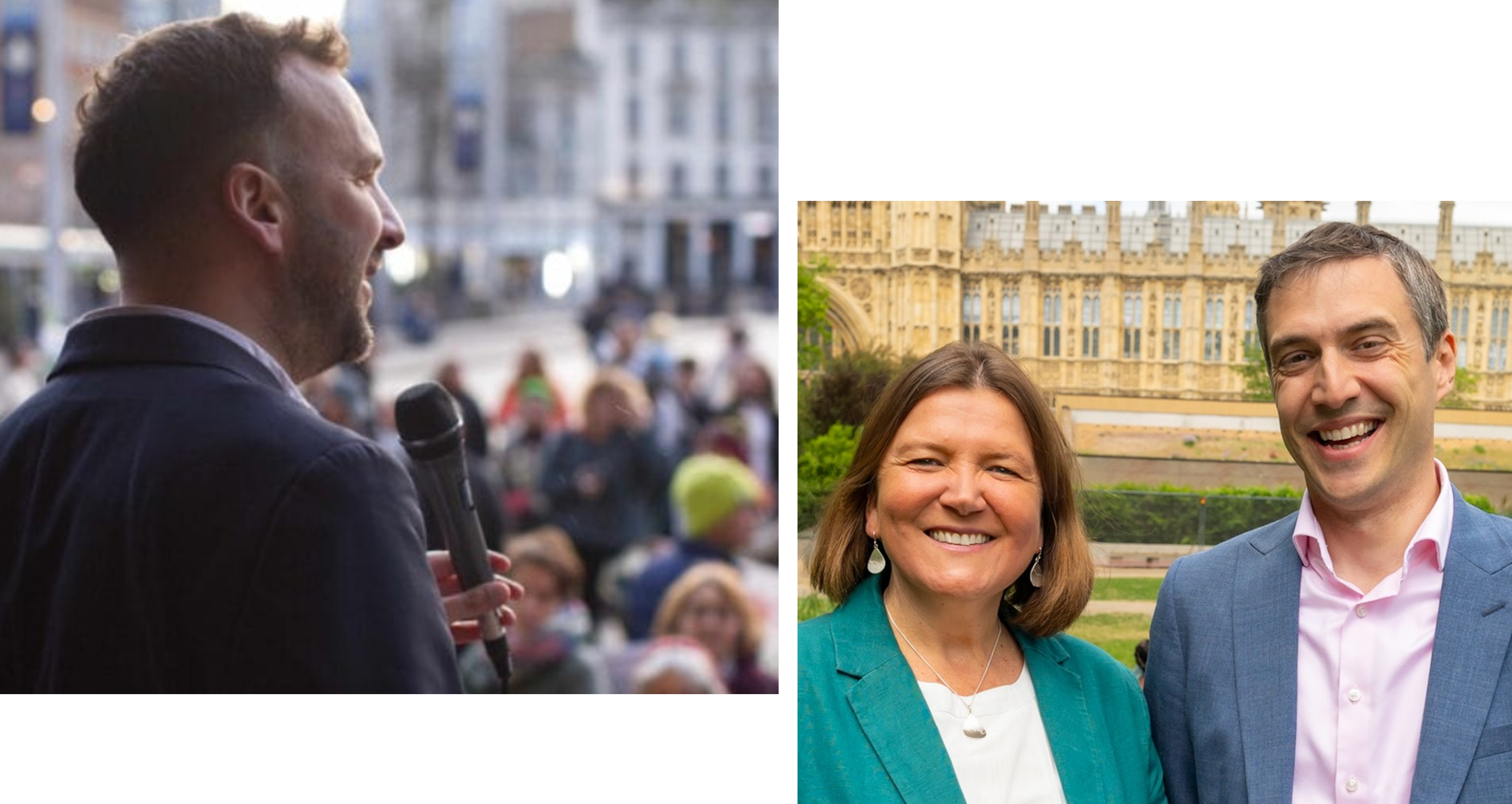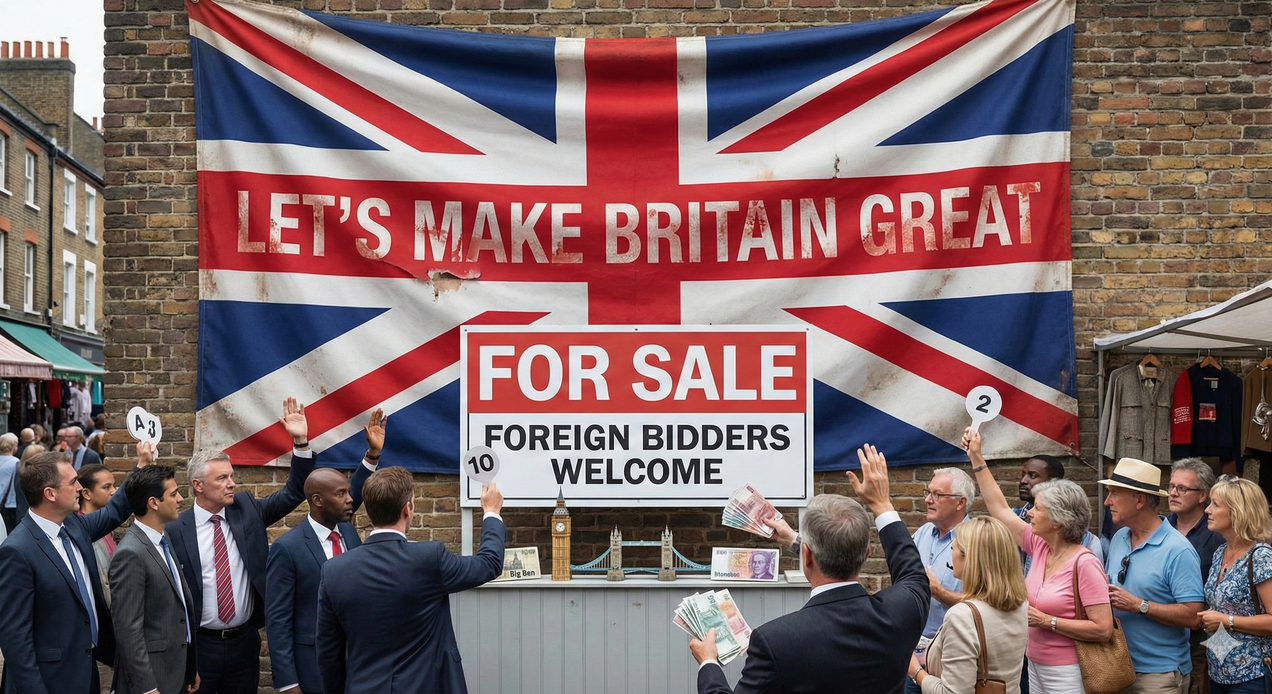
The Green Party leadership - how deep are the differences?
Green House core group member, Nadine Storey, reflects on the deeper differences between the leadership contenders for the Green Party of England and Wales.
It is easy enough to spot the difference in speech and presentation style between the candidates for the Green Party leadership. In our current context, this relates unavoidably to populism. Adrian and Ellie reject both the style and substance of Far-Right populism whilst Zack is willing to make use of populist style and “flip” the message (Stacey et al., 2025). This reveals itself in the moderate, rational language usually preferred by Adrian and Ellie. Zack, meanwhile, seasons his speech with stories, metaphors and more emphatic, emotional rhetoric. Relatedly, he sees the media as opportunity more than obstacle. In written words as well as speech, this difference is evident throughout the answers given by the candidates to the questions posed by Green House. The following quotes exemplify how the candidates effectively make broadly the same point but in markedly different registers:
Adrian and Ellie: “the failure to contain corporate and financial power has led to inequality and climate breakdown”.
Zack: “Polluters from Shell to the super rich act with impunity whilst people are hungry and homeless”.
But this stylistic difference is more than superficial. The contrasting styles reveal different approaches: consensus-seeking politics versus 'agonistic politics' as elaborated by political theorist, Chantal Mouffe. The latter is an approach that believes dissent has a role to play and refrains from trying to flatten out difference. This distinction is apparent in their responses to the question about the use of provocative messaging (Ellie and Adrian dead against; Zack – with caveats – for) and regarding the extent to which diverse opinions should be embraced. Ellie and Adrian resist drawing any lines at all whereas Zack is clear that “even [broad] churches have walls”.
The distinction between these political approaches is revealed also in the candidates’ respective relationships to power. Ellie and Adrian emphasise the work they are doing within the established institution of Parliament, offering examples of recent speeches and bills and referring to "the corridors of power". In their campaign, they frequently choose photography with a Westminster backdrop, drawing their authority from this institutional symbol of power. This is about accepting and playing within the rules of the hegemonic order. Zack plays up his outsider status and disagrees with campaigning based on “a Parliamentary building that people have lost trust in”. He favours photo-ops with supporters around the country, thus drawing his authority to challenge institutional hegemony from grassroots support.
A politics of consensus versus one that embraces dissent is not only a personal preference. It is symptomatic of deep ontological differences in understanding of how collective identity is formed. Consensus politics assumes pre-existing group identities that are relatively stable and believes that common ground is there to be discovered, with differences smoothed over. Their whole approach reveals Ellie and Adrian’s adherence to this belief. By contrast, agonistic politics is based on a belief that collective identity is socially constructed, through the very act of political struggle and conflict. Zack’s approach appears based on this, revealed especially when he talks of turning ordinary people into “protagonists”. Such an approach implies he would not shy away from declaring that there is a ‘them’ and there is also a (socially constructed) ‘us’, in line with Mouffe's agonistic politics.
Once we recognise that the difference between candidates is rooted in fundamentally different ways of making sense of the social world, it becomes easier to see why our individual responses to the campaigns may vary. This may not simply be a matter of personal taste in terms of communication styles but is much more deeply rooted. Thus, this leadership contest is not only about how we interpret the potential of a particular political moment, but about how a support base might be found or willingly constructed.
Related Work:

For a different reflection on the leadership candidates and campaigns, see this piece by Carrie Bowes





